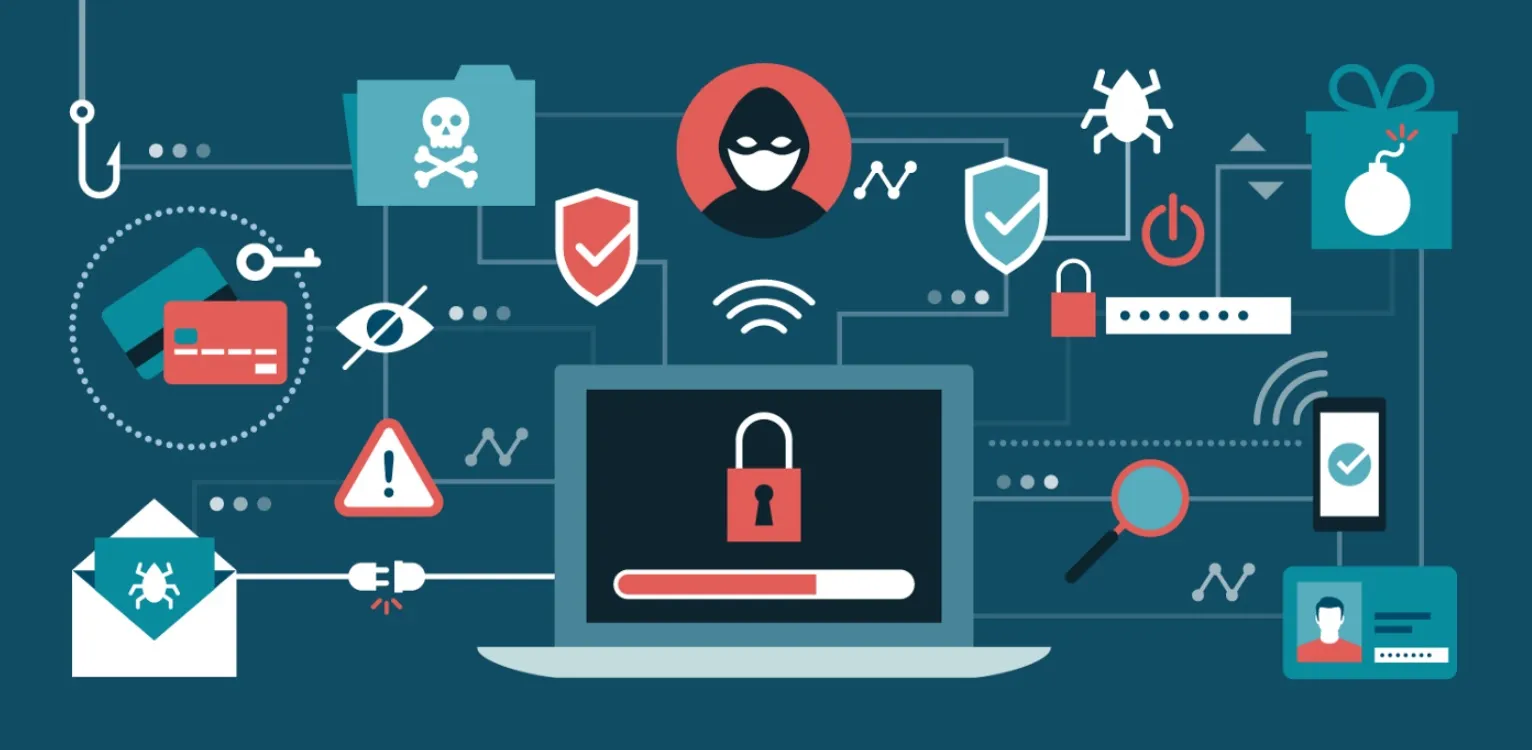With the increasing amount of personal and sensitive information being shared online, it’s more important than ever to ensure that your data is secure. From banking information to personal photos, the stakes are high when it comes to protecting your online data. In this article, we will explore the top 10 tips for securing your online data and keeping it out of the hands of cybercriminals.
Tips for securing your online data
Use strong and unique passwords
One of the easiest and most effective ways to secure your online data is to use strong and unique passwords for each of your accounts. This means using a combination of letters, numbers, and special characters, and avoiding using the same password for multiple accounts.
Enable two-factor authentication
Two-factor authentication adds an extra layer of security to your accounts by requiring a second form of authentication, such as a code sent to your phone, in addition to your password.
Keep your software and devices updated
Software and device updates often include important security patches and fixes, so it’s important to stay on top of them.
Use a VPN
A virtual private network (VPN) encrypts your internet connection, making it much more difficult for cybercriminals to intercept your data.
Be careful with public Wi-Fi
Public Wi-Fi networks can be a breeding ground for hackers, so it’s important to be careful when using them. Avoid accessing sensitive information, and consider using a VPN when connected to public Wi-Fi.
Be wary of phishing scams
Phishing scams are a common way for cybercriminals to steal personal information, so it’s important to be able to recognize them and avoid falling for them.
Use a firewall
A firewall can help to protect your device and network from unauthorized access, and can be a valuable tool in securing your online data.
Back up your data
It’s important to regularly back up your data, in case your device is lost, stolen, or damaged. This way you can access your data even if your device is not in your possession.
Be mindful of the permissions you grant
Many apps and websites will ask for permission to access certain information or features on your device. Be mindful of the permissions you grant, and only give access to the information that is absolutely necessary.
Educate yourself
The more you know about online security and how to protect your data, the better equipped you will be to keep it safe. Stay informed about the latest security threats and trends, and take steps to protect yourself accordingly.
Some of the potential consequences
If you don’t take steps to secure your online data, there can be serious consequences. Some of the potential consequences include:
- Identity theft: Cybercriminals may steal your personal information, such as your social security number or credit card information, and use it to open fraudulent accounts or make unauthorized purchases.
- Financial loss: If your bank or credit card information is stolen, you may be held financially responsible for any unauthorized charges.
- Loss of personal information: Personal information, such as photos and documents, can be lost forever if your device is lost, stolen, or damaged, and you haven’t backed up your data.
- Damage to reputation: If your personal information is stolen and used for fraudulent activities, it can damage your reputation and make it difficult for you to obtain credit or loans in the future.
- Business interruption: if your company’s data is compromised, it can lead to business interruption and loss of important data that can affect your company’s reputation and revenue.
- Legal issues: If personal information is stolen, it can lead to legal issues, as well as the cost of hiring an attorney to defend your rights.
- Loss of privacy: If your personal information is stolen, it can lead to a loss of privacy and the feeling of being constantly exposed.
- Increased spam and unwanted emails: If your email address is compromised, you may start receiving spam and unwanted emails that can be annoying and time-consuming to deal with.
- Ransomware attack: if a hacker gains access to your device, they may encrypt your files, making them inaccessible unless you pay a ransom.
- Loss of trust: if the data of your clients or employees is compromised, it can lead to a loss of trust, that can affect the longevity of your business.
Conclusion
In conclusion, protecting your online data is essential in today’s digital age. By following these tips and keeping up-to-date with the latest security threats and trends, you can help to ensure that your data stays secure and out of the hands of cybercriminals. Remember that securing your online data is an ongoing process, so be vigilant and take action to protect it.

